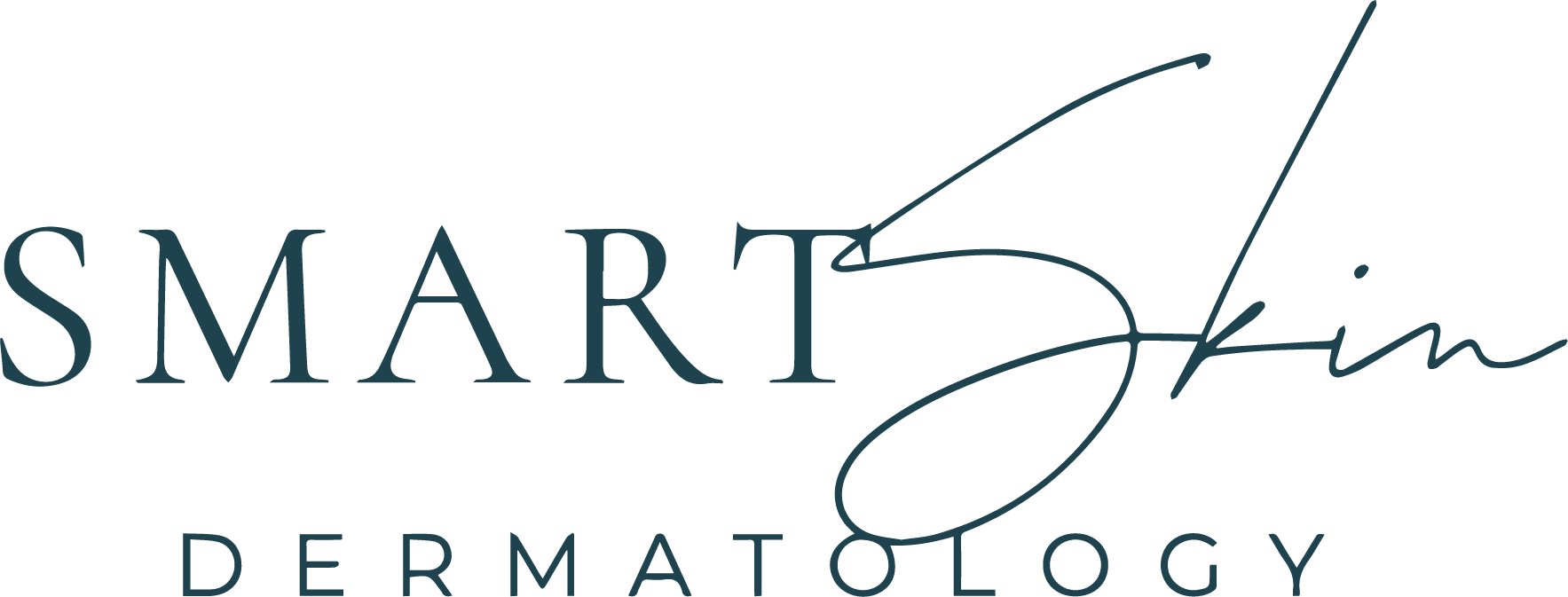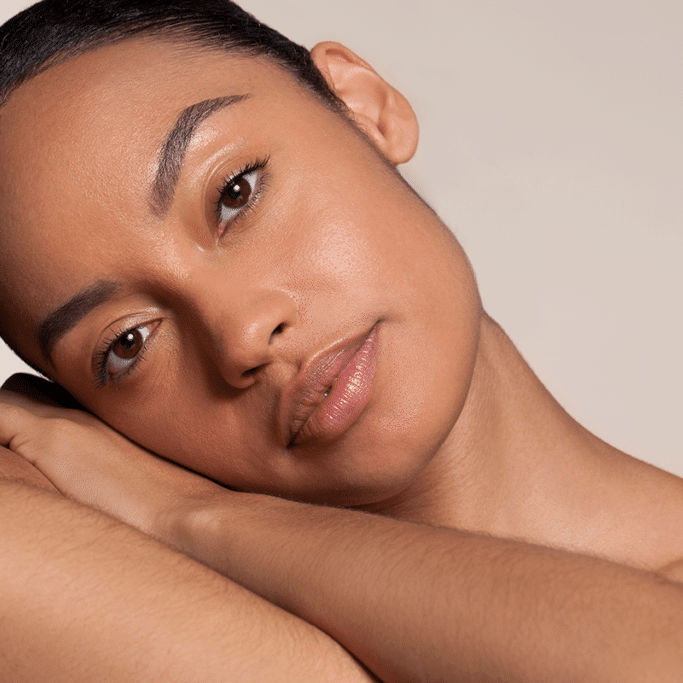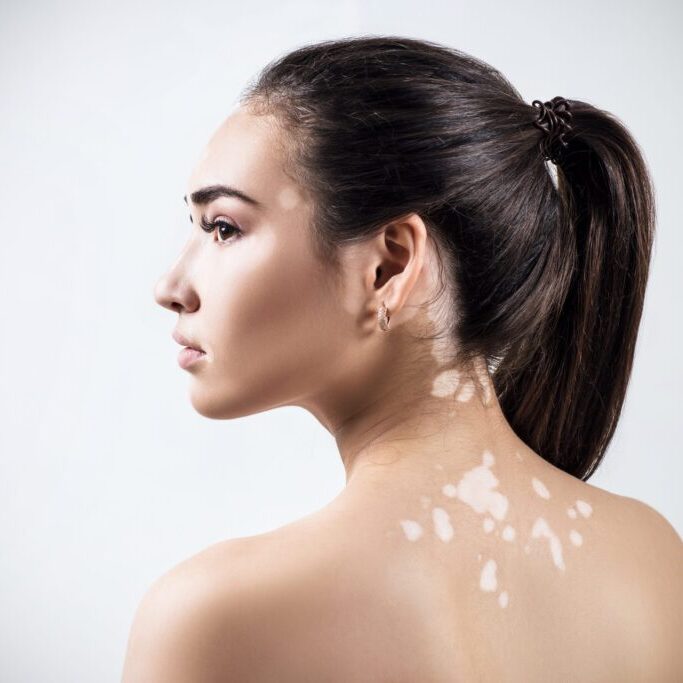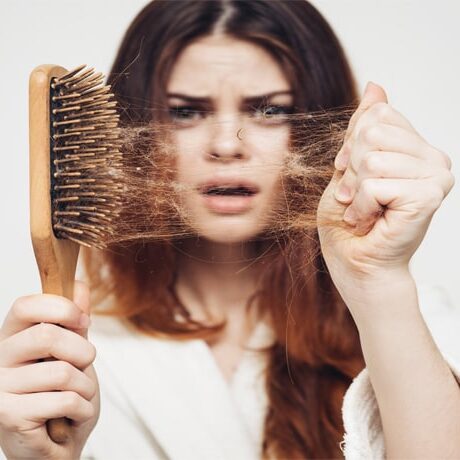
Botox for Depression
Positive effects on mood have been seen in patients who’ve had Botox treatment for the glabella and frown lines (the area above the nose and between the eyebrows). And a randomized, double-blinded, placebo-controlled trial recently published in the Journal of Clinical Psychiatry adds further evidence to support the use of botox as an adjunctive therapy to treat depression.
In this study, a total of 30 patients with high levels of chronic and treatment-resistant depression were enrolled in the study. Patients were randomly assigned to receive a single injection of Botox or a single injection of saline (placebo). Six weeks after a single treatment, the Botox group had an average 47.1% reduction in
depression symptoms vs. 9.2% in the placebo group.
Why would this work?
Our emotions are expressed by facial muscles, which in turn send feedback signals to the brain to reinforce those emotions. Treating facial muscles with botulinum toxin to prevent the facial muscles from expressing a frown or brooding scowl seems to interrupt this cycle.
Neither this concept nor the evidence presented here is particularly new, but I never fail to find the link between the physical and the emotional fascinating. Or maybe people are just happy when their wrinkles get better.





